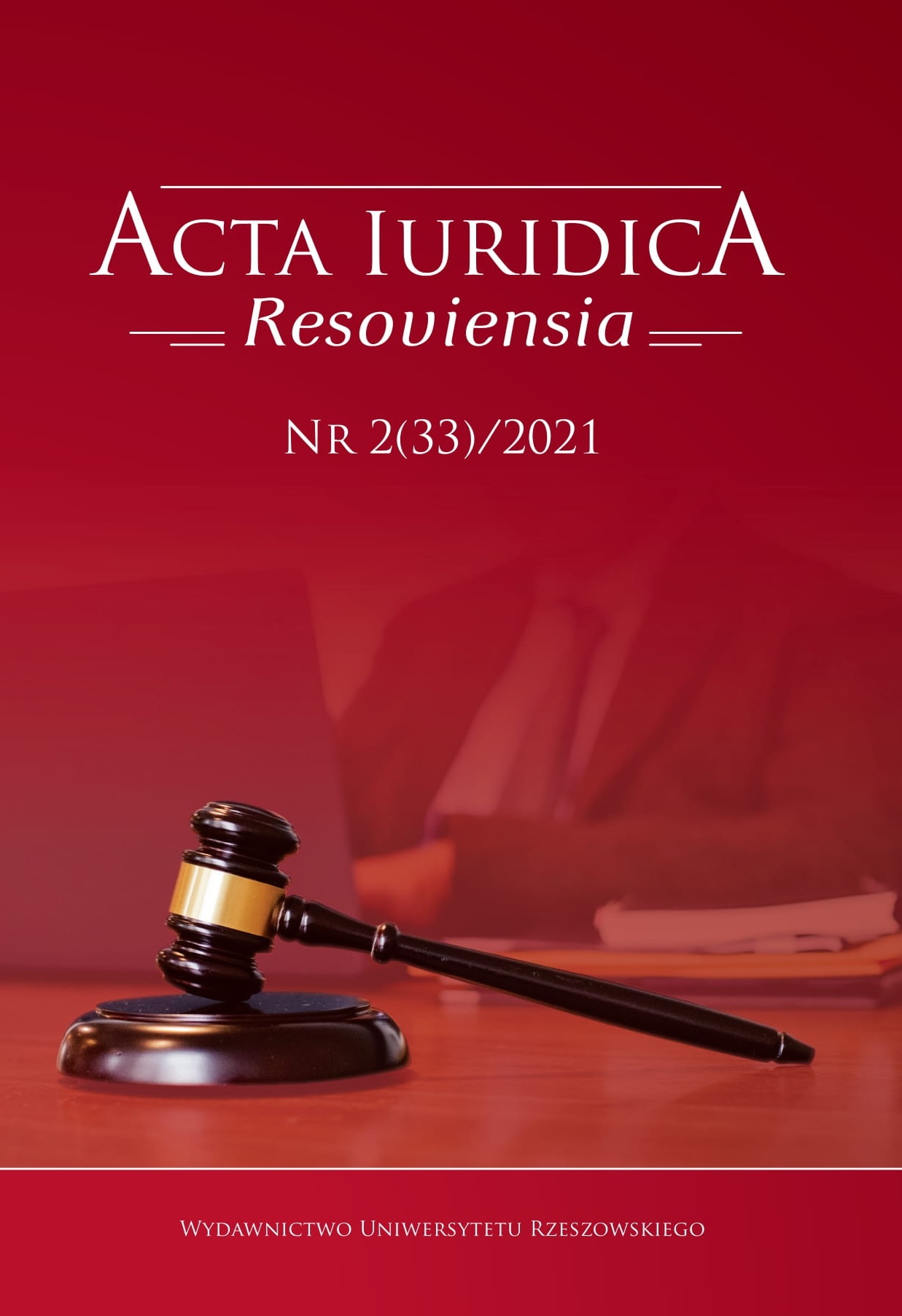HOW TO AVOID CONVICTION IN A ROMAN CRIMINAL TRIAL? – SOME PRACTICAL ADVICE
DOI:
https://doi.org/10.15584/actaires.2021.2.6Keywords:
criminal trial, Republican Rome, squalorAbstract
The text is based on an analysis of source texts and literature on the subject related to the question of how in republican Rome a perpetrator tried to avoid the punishment prescribed for his deed. The article deals mainly with the so-called squalor practice. Its purpose was to convince the criminal court that the accused was innocent. According to tradition, the accused appeared at the trial in dark, often tattered robes, unkempt, unshaven, as if in mourning. This was to prove that the accusation was unfair and harmful. This practice is illustrated by the example of three trials: that of Publius Cornelius Scipio, Rutilius Rufus and Titus Annius Milo. The course of these trials differed a lot: the content of the accusation, the defendant’s guilt, his willingness to act in accordance with the accepted tradition, the attitude of Roman society towards it, and the consequences of not using squalor. In each of these cases, however, the accused resigned from wearing mourning robes during the trial, which was supposed to demonstrate his attitude to the charges against him.
Downloads
Downloads
Published
How to Cite
Issue
Section
License
Copyright (c) 2021 Acta Iuridica Resoviensia

This work is licensed under a Creative Commons Attribution-NonCommercial-NoDerivatives 4.0 International License.

